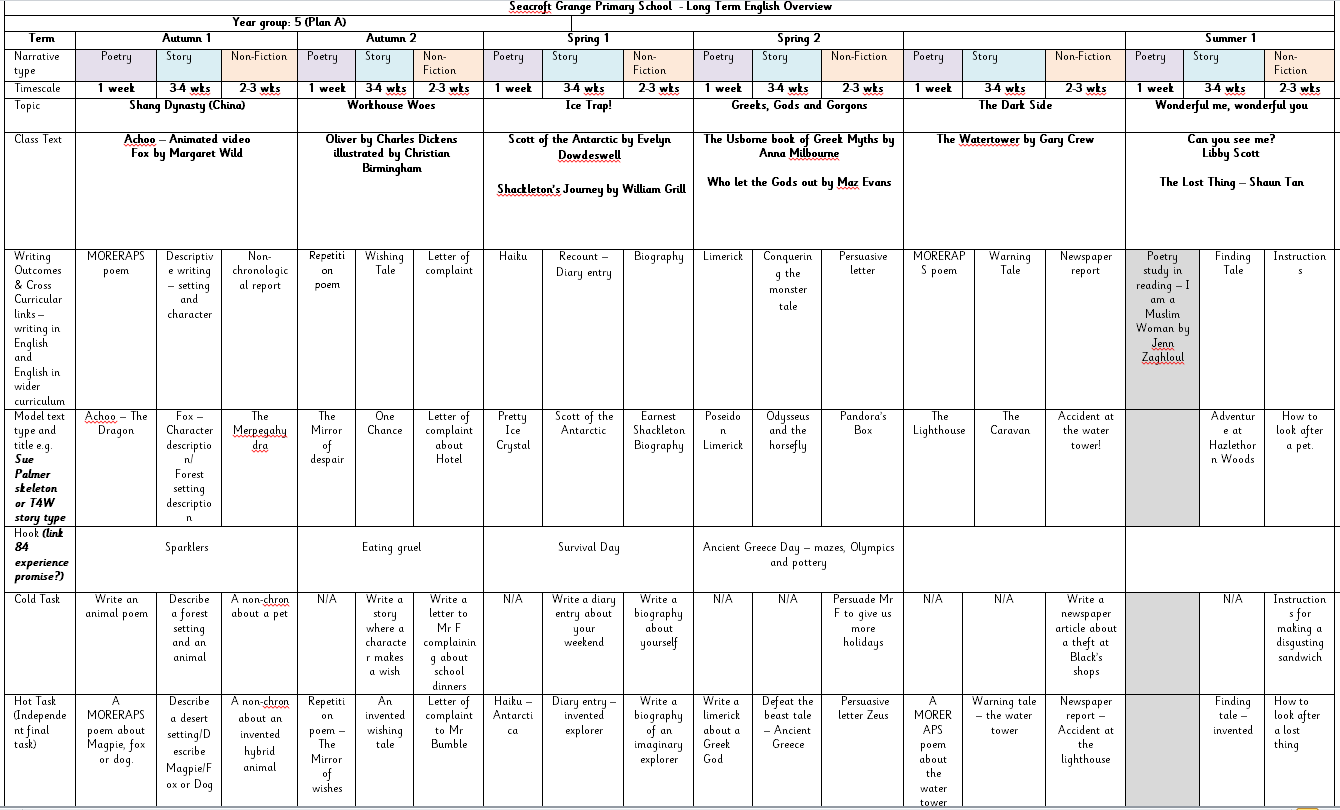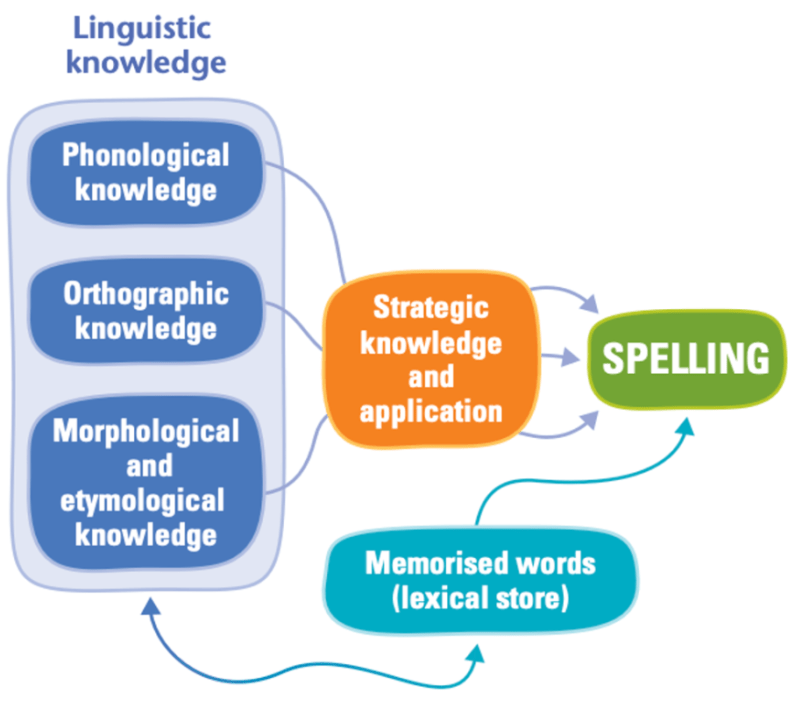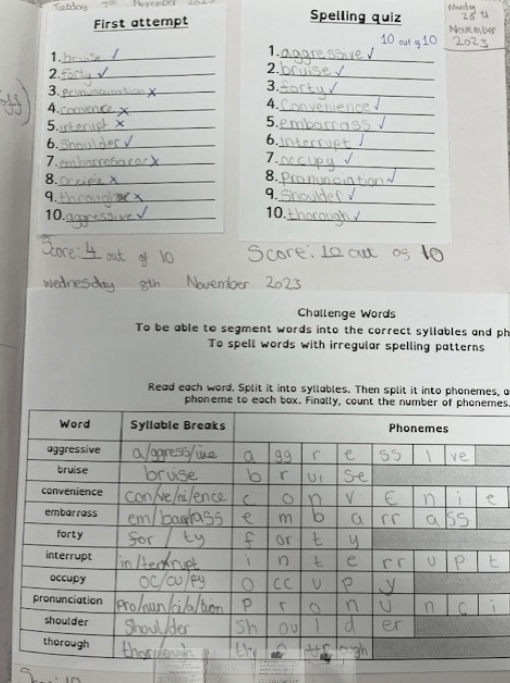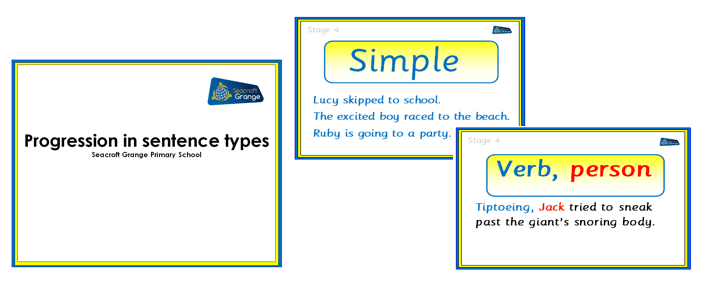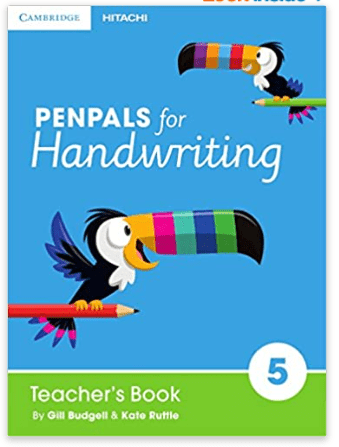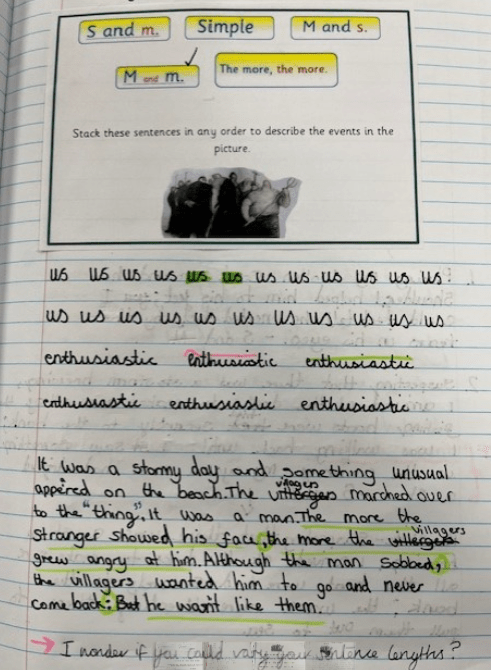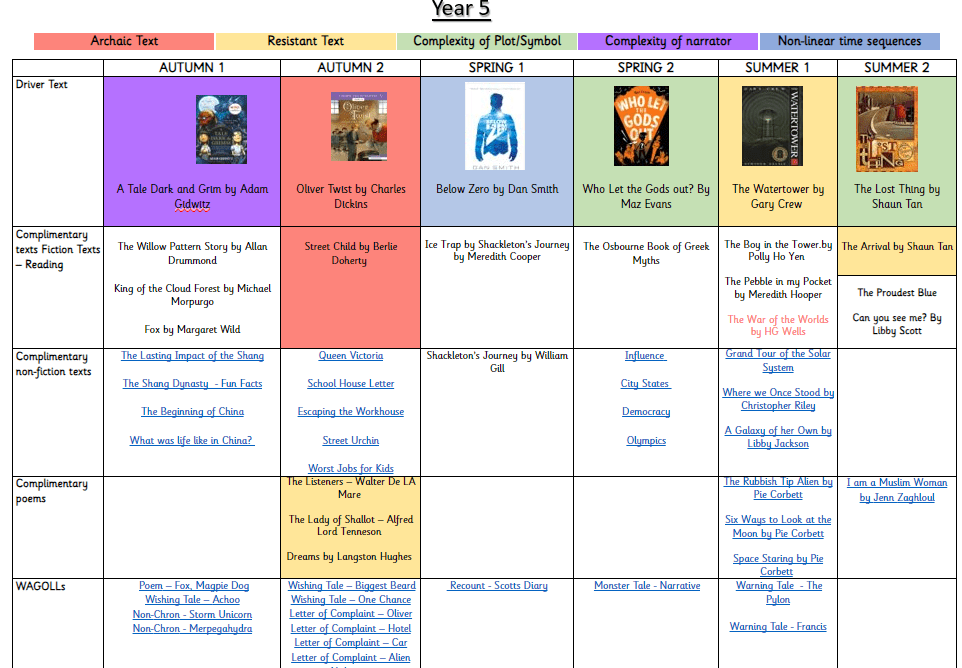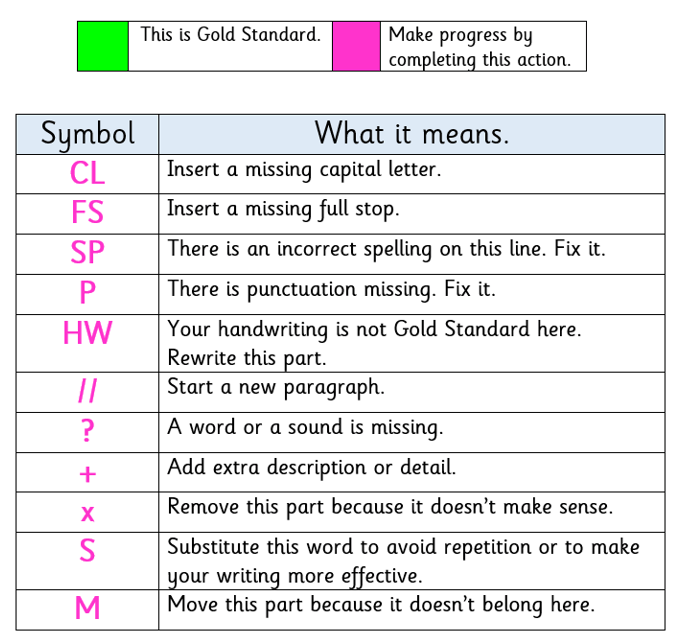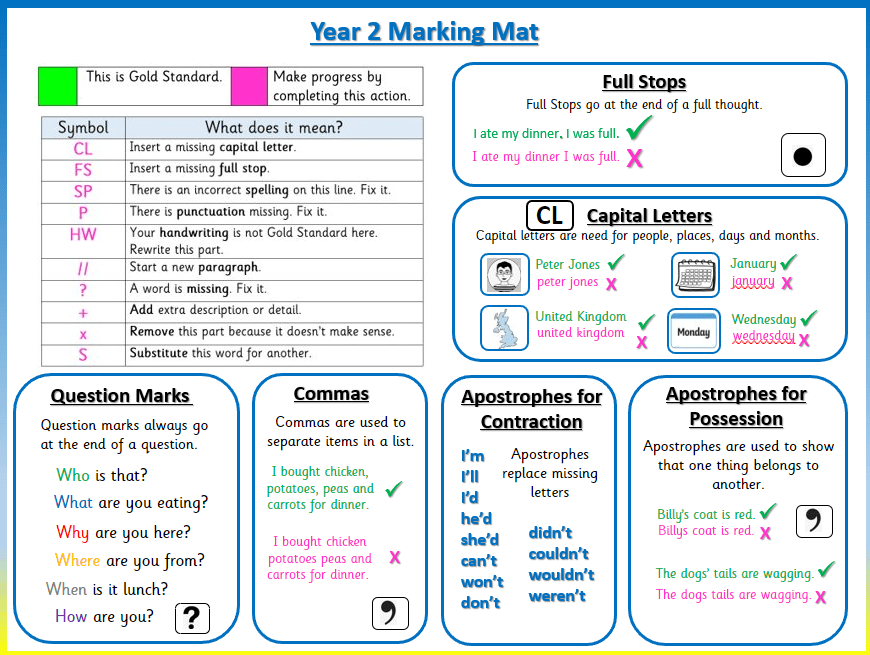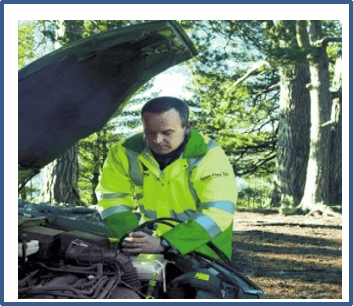English
English - writing
“Delivering an ambitious and inspirational curriculum leading to fearless & independent writers.”
Golden Pedagogical Steps
When learning a new text type children are guided through our six key pedagogical steps in their journey to produce an independent outcome:
- Text
- Talk
- Metacognition and modelling
- Basic Skills
- Independence
- Editing and Revising
Intent
- All children at SGPS will be supported to become confident, capable and enthusiastic writers who are fearless when it comes to putting their pens and pencils to the page.
- We are determined to break down all of the barriers that have historically prevented our children from reaching their full potential as writers.
- Teachers will captivate children in the world of writing by giving them exciting, original and inspirational opportunities to write across a range of genres.
- Children will leave UKS2 being able to use writing to express themselves, communicate with others and write independently for a range of purposes.
Long term English planning
An example of the implementation through long term planning is above and individual year group planning can be found below.
|
Year 1 Long term plan |
Year 2 Long term plan |
Year 3 Long term plan |
|
Year 4 Long term plan |
Year 5 Long term plan |
Year 6 Long term plan |
The Writing Routine at SGPS (Implementation)
Children develop fluency in transcription skills through daily practice in the following areas:
1. Spelling
Effective spellers draw upon strategic knowledge combined with phonological, orthographic and etymological awareness to help them memorise words. Through the Spelling Shed scheme, children are exposed to these skills through a sequence of well-structured lessons and activities recorded in their spelling journals.
Examples of spelling journals (above)
Children are taught a variety of different sentence structures and grammatical concepts through “Sentence Play”. All teachers follow the “progression in sentence types” document and use this to teach spelling, punctuation and grammar within the context of a writing unit.
- Handwriting
Children develop a fluent handwriting style through the use of the Penpals handwriting scheme. Whole-class practise is completed daily and all children receive live feedback on their handwriting every week.
Example of Sentence Play and Handwriting (above)
Connecting Reading and Writing – The Plagues of Reading
The texts which drive our writing have been carefully selected along with the complimentary fiction, non-fiction and poetic texts which sit beside them in our reading curriculum. In his book ‘Reading Reconsidered’, Doug Lemov points out that there are five types of texts that children should have access to in order to successfully navigate reading with confidence. These are complex beyond a lexical level and demand more from the reader than other types of books. At Seacroft Grange Primary School, we ensure that all children are exposed to each of these five text types at least once over the course of an academic year. An example is below.
Marking Codes and mats
Our consistent approach to marking has been designed to assist children with developing and increased independence in their ability to edit and revise their writing.
Assessment - The WAGS (Writing Assessment Grids)
When assessing writing, teachers use the Writing Assessment Grids, which were created in conjunction with the Leeds East Partnership Trust, to make their judgements.
Teachers base their judgements on a broad range of evidence, which will come from day-to-day work in the classroom and also includes work in other curriculum subjects.
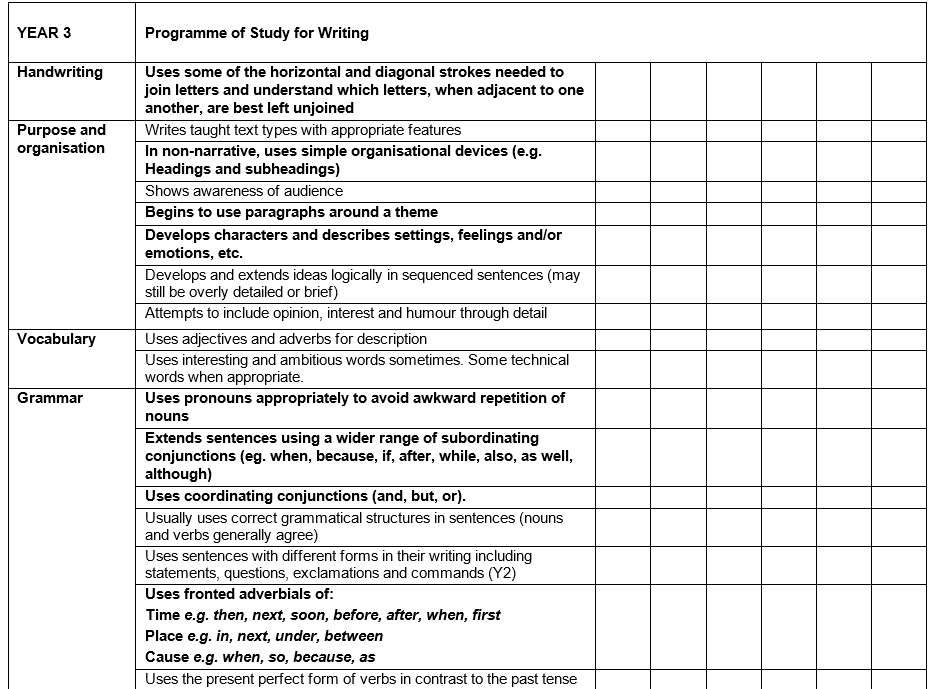
English - reading
English - reading. The GOLDEN pillars our pedagogic approach to reading
English reading - strategies for comprehension
|
Connection |
Prediction |
Visualise |
Infer |
|
Notice a breakdown |
Repair a breakdown |
VIP words/phrases |
Gist |
Oracy at Seacroft Grange
Asma from ChatterBug Speech and Language service talks about how to share a book with children
Read more about it here: http://www.chatter-bug.com/5-reasons-not-to-read-a-book-to-your-young-child/ .
'Take 10 to learn to read, to love to read' (LEPP)
Research shows that just 10 minutes a day, reading with your child, can support them to do better at school! #goldparents
Moresdale Lane, Seacroft, Leeds, LS14 6JR
0113 2605385
office@seacroftgps.org.uk


